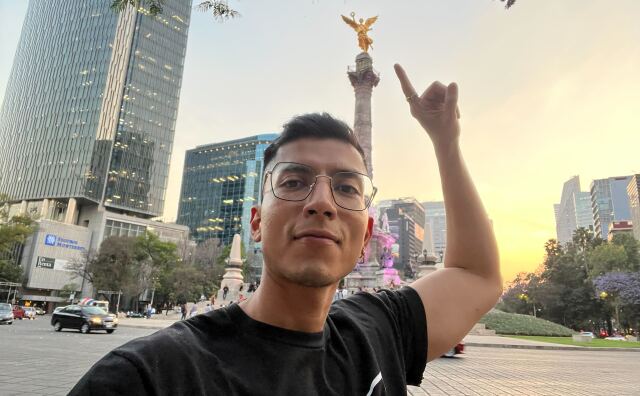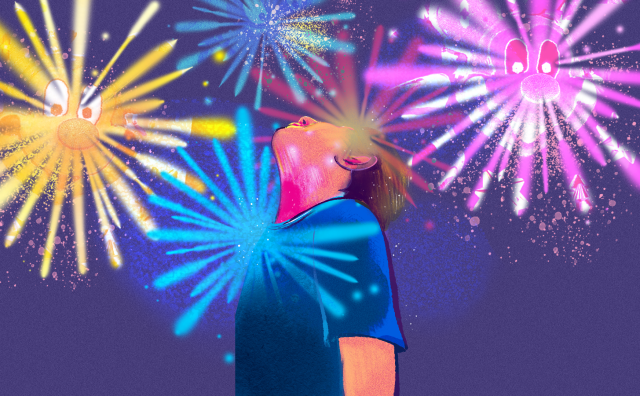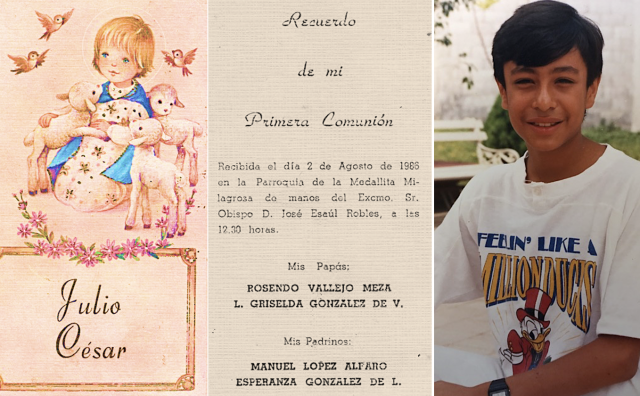There was a moment during our interview earlier this year with Sacheen Littlefeather that had many of us, including Sacheen, in tears.
We were talking to her for LAist Studios' The Academy Museum podcast and Jacqueline Stewart, the museum’s president, asked Sacheen about what brought her to organizing and activism in the 60s. Her answer came out stilted but with conviction. She described the pain of learning that Martin Luther King, Jr. had been assassinated.
“It really broke my heart when he died,” she said of hearing the news. “I was young back then, but I didn't see the need for it because he spoke the truth.”
Sacheen, who died Sunday at the age of 75, was someone who knew the value of speaking the truth, regardless of the consequences. After she rejected Marlon Brando’s Oscar in 1973, she was met with derision and fewer job prospects as an actress.
That night at the Academy Awards she'd gone on stage on Brando's behalf. He'd prepared a long speech about injustices to indigenous people both by Hollywood and, at that exact moment in time, in Wounded Knee, South Dakota.
But Sacheen was warned that they’d pull her off stage if she went long and she ended up speaking off the top of her head.
I’m the senior producer on the podcast, and listening back to her words in 1973 — brief, polite, apologetic but firm, it’s almost hard to imagine why it was so divisive.

She sat down with us in April, nearly 50 years after that night — which is still among the most memorable and contentious in Oscar history. We spent an hour and half with her, knowing her story was critical to a podcast aimed at revisiting pivotal moments for the Academy Awards.
Sacheen's health had already turned for the worse, yet despite talking us through painful history and her health concerns, she kept a sense of humor throughout. She told some bad dad jokes and laughed at them herself.
“I love it when my sense of humor kicks in. You know, laughter is medicine," she told us. "So that's how native people have always recuperated from all of our pain, from all of the genocide. I think throughout all the hurt of the centuries, the pain, what has got us through is our great sense of humor.”
Well, you know, I'm not afraid to die. Right?... I've never done anything dirty or rotten to anybody. And my ancestors are waiting for me.
Sacheen ended the interview letting us know she was ready for whatever came her way.
“Well, you know, I'm not afraid to die, right?” she said. “A lot of people are afraid to die and the reason is because they did dirty rotten, filthy things and they've been so stingy with everything instead of giving and being generous."
She explained:
"But we Native people, we have giveaways all the time. I've never done anything dirty or rotten to anybody. And my ancestors are waiting for me. So I know I'm going to a good place. And that's why a Native person, you hear this saying: 'This is a good day to die.' 'Cause, you know, in your heart and in your spirit that you are clean. And what we do is we start to give everything we have away before we go so that we have nothing to cling to here. Not even our bodies. We don't take that with us. Our spirit is free.”
Not long after the episode 1973: Marlon Brando Cannot Accept This Very Generous Award aired the Academy formally apologized to Sacheen. At an event held last month at the Academy Museum here in L.A., she closed her remarks with these words for her fellow Native Americans in the audience:
"When I'm gone, always be reminded that whenever you stand for your truth you will be keeping my voice and the voices of our nations and our people alive."










